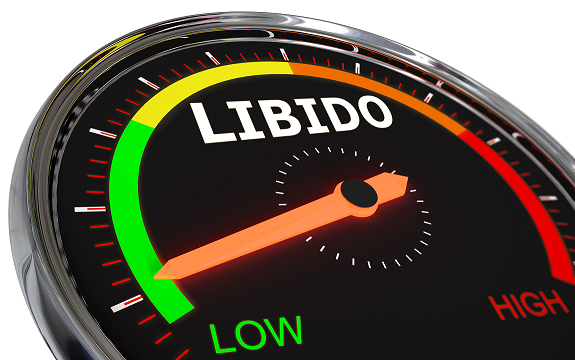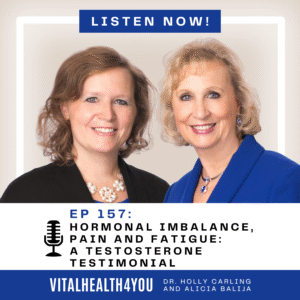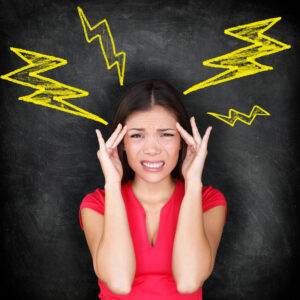In the early 1980’s when I first was in practice, complaints of low sex drive (aka low libido) were infrequent. Each decade of practice has shown a significant increase of complaints. Initially, it was rare to hear a man complaining of low or no sex drive, normally it was women, but today it is common for males as well – nearly as common as that of women. As in all health complaints, we must ask WHY? We must do our due diligence in uncovering the underlying reason, or reasons, why this is happening.
There are many things that can lead to diminished sex drive. Starting with the basics and building from there can be helpful. The first is checking your medications. Many medications have side effects of waning libido. The worst culprits are many antidepressants. How depressing! The worst culprits are the serotonin-norepineprine uptake inhibitors (SNRIs) such as Cymbalta, and the selective serotonin reuptake inhibitors (SSRIs) like Prozac and Zoloft. Other antidepressants are not as conclusive. Other medications such as chemotherapy meds, radiation treatments for cancer, blood pressure medications (especially ACE inhibitors and beta-blockers) – which may also cause erectile dysfunction, medications that lower estrogen or testosterone levels, many pain relievers – especially opioids and some antifungal medications, corticosteroids, anabolic steroids (commonly used by athletes to increase muscle bulk), and some acid-reducing medications.
If medications are one of the problems potentially causing your low libido, using acupuncture, making nutritional changes and utilizing herbs or supplements to reduce the cause of the malady necessitating the medications, is a great way to turn that around.
Any imbalance in hormones, either excess or deficiency – such as estrogen, progesterone, testosterone, cortisol, DHEA – can have a deleterious effect on libido. Some, such as DHEA, may not have a direct effect on libido, but an indirect effect. Deficiency in DHEA typically results in fatigue. Someone who doesn’t have enough energy to do life, doesn’t have energy to “waste” on sex. Also, low cholesterol can affect a person’s libido. Without enough cholesterol, a person cannot make these hormones.
Chronic illness and lack of effective sleep falls into the category of fatigue. When all of the body’s resources are directed towards trying to heal or just trying to do everyday activities while deprived of sleep, typically there isn’t enough energy left over for sex. Quite often I have to tell a spouse “it’s not their fault – their body just can’t do it!”
Stress, too little (or too much) exercise, poor self-esteem with resultant anxiety over sex, aging, PTSD, alcohol use and drug use are other potential causes of low libido. The emotional effects of low libido can really hurt a relationship. Getting down to the cause of it and putting in corrective measures, once and for all, can make life immeasurably better for those concerned!
©2019 Holly A. Carling, O.M.D., L.Ac., Ph.D.







